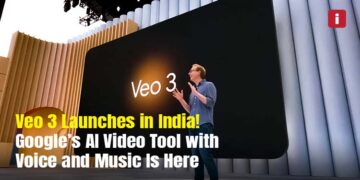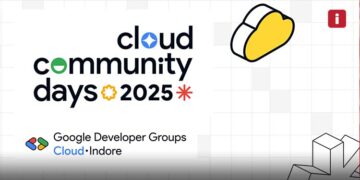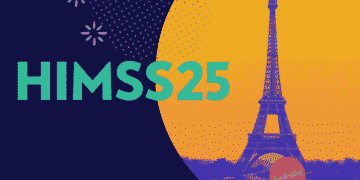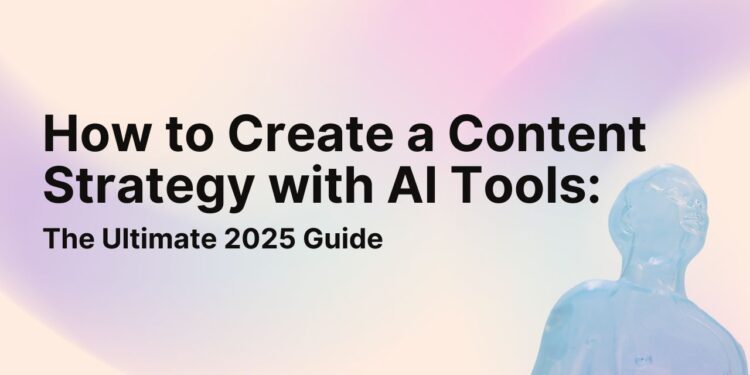Why AI Matters in Content Strategy
In 2025, content marketing isn’t just about creating it’s about creating smart, personalized, and SEO-optimized content at scale. Whether you’re a startup, solo entrepreneur, or small business owner, AI tools can simplify your content planning, automate repetitive tasks, and give you insights that help you grow faster with less guesswork.
Let’s walk through how to build an AI-powered content strategy from scratch step-by-step.
Step-by-Step Guide to Build a Content Strategy with AI Tools
1. Define Your Target Audience Using AI
Understanding your audience is the foundation of any content strategy. AI tools can help you go beyond basic demographics and discover behavior patterns, preferences, and online habits.
- SparkToro: This tool gives you deep audience intelligence by showing what your target audience reads, watches, and follows. It scans social media, podcasts, and websites to help you identify content angles and platforms where your audience spends time.
- Crayon: Crayon helps you monitor competitors’ content and track their messaging and positioning in real-time. You can see how they engage their audience and what gaps you can fill.
- HubSpot AI CRM: This CRM uses behavioral data and predictive analytics to identify which type of content resonates with each customer segment, allowing better personalization.
2. Do Smarter Keyword and Topic Research
AI tools can now generate content ideas and uncover high-performing keywords that align with your audience’s intent — helping you win SEO without spending hours manually researching.
- Surfer SEO: Surfer uses NLP (natural language processing) to provide keyword clusters, ideal word count, and on-page SEO suggestions by analyzing top-ranking pages. It ensures your content is SEO-ready from the start.
- Semrush (AI features): Semrush’s AI-powered Topic Research tool suggests content ideas based on keyword trends and your competition’s gaps. It also shows what headlines and subtopics are generating traffic.
- AnswerThePublic: Enhanced by AI, it visualizes real search questions and auto-suggested queries from Google, Bing, and YouTube to help you identify common concerns and long-tail keywords.
3. Plan a Smart Editorial Calendar
A successful content strategy runs on a consistent publishing schedule. AI tools help generate content ideas, prioritize topics, and suggest the best time to post based on audience activity.
- Notion AI: With built-in AI, Notion helps you organize ideas, build publishing calendars, and auto-suggest weekly content themes based on previous entries or your niche.
- MarketMuse: MarketMuse uses AI to analyze your existing content, highlight gaps, and recommend a content cluster strategy to improve topical authority and internal linking.
- ContentStudio AI: This tool analyzes trending content and recommends ideas for blogs, social posts, and videos based on what’s gaining traction in your niche.
4. Create High-Quality Content with AI Assistance
AI writing assistants can help you generate full blog posts, outline structures, social media captions, and more while still allowing space for your human creativity.
- ChatGPT / Jasper: These AI writing tools generate outlines, headlines, full-length blogs, and email copy. You can feed them a topic or brief, and they return coherent, SEO-optimized content drafts in minutes.
- Copy.ai: Ideal for short-form content like social captions, ad headlines, and taglines. Copy.ai uses GPT-based tech to help marketers save time on creative brainstorming.
- Canva AI (Magic Write + Magic Design): Canva’s Magic Write helps you generate text inside your designs, while Magic Design offers layout suggestions based on your content and visuals.
- Pictory / Lumen5: Both tools transform blog posts or text into short videos with visuals, stock footage, subtitles, and music — ideal for social video content.
5. Distribute Content Automatically
Rather than manually posting across platforms, AI tools let you schedule, publish, and even optimize content distribution for maximum reach.
- Buffer AI: Buffer’s AI assistant suggests content to share, analyzes best times to post, and personalizes captions for each platform, improving engagement rates.
- Publer: Publer uses AI to generate social media captions and hashtags automatically. It also supports bulk scheduling across multiple platforms like Instagram, Facebook, LinkedIn, and Google Business.
- Zapier + OpenAI Integration: Zapier automates tasks like publishing blog posts, sending email updates, and sharing new content on social channels using AI-generated inputs from ChatGPT.
6. Measure & Analyze Performance with AI Tools
Tracking content performance helps you understand what’s working and what needs improvement. AI analytics tools turn raw data into actionable insights.
- Google Analytics 4 (GA4) + Looker Studio: GA4 now uses AI to predict user behavior and build audiences automatically. Looker Studio allows visual reporting, ideal for tracking engagement trends and conversions.
- Hotjar AI: Hotjar offers AI-based heatmaps and session recordings to show how visitors interact with your website, where they drop off, and which content converts best.
- HubSpot AI Analytics: HubSpot’s AI identifies trends across your CRM and marketing data, offering insights like which content is most effective by persona or sales stage.
7. Repurpose Content with AI
Maximize your content ROI by transforming one piece of content into multiple formats. AI tools make this process fast and automated.
- Pictory: Converts blog posts or articles into social-friendly videos with voiceovers and branding — ideal for TikTok, Instagram Reels, or YouTube Shorts.
- Otter.ai / Fireflies: These tools transcribe audio content (like webinars or podcasts) into editable text that you can turn into blogs, newsletters, or quotes.
- Canva AI: Create infographics, quote cards, and carousels using your original blog or video script with smart design suggestions from Canva.
- Repurpose.io: This tool automates the distribution of your videos, podcasts, and livestreams across platforms by slicing content into micro-formats.
8. Personalize Email Marketing with AI
Email campaigns are still one of the most powerful marketing tools — and AI helps you write, segment, and optimize them based on real-time user behavior.
- Mailchimp AI: Uses data from your campaigns to recommend subject lines, send times, and segments that convert. It even personalized email copy for different audiences.
- ActiveCampaign + Predictive AI: Tracks customer behavior and scores leads, then delivers personalized email journeys with automated follow-ups based on engagement.
- Klaviyo AI: Popular in eCommerce, Klaviyo predicts customer behavior like purchase timing, helping you send personalized emails that increase conversions.
Conclusion: Let AI Power Your Content Strategy
AI tools are no longer optional they’re a content marketer’s secret weapon in 2025. From research and creation to distribution and analysis, these platforms help you save time, reduce effort, and drive real results. Whether you’re running a business solo or managing a team, an AI-powered content strategy gives you the speed and structure needed to stand out in a crowded digital world.













































